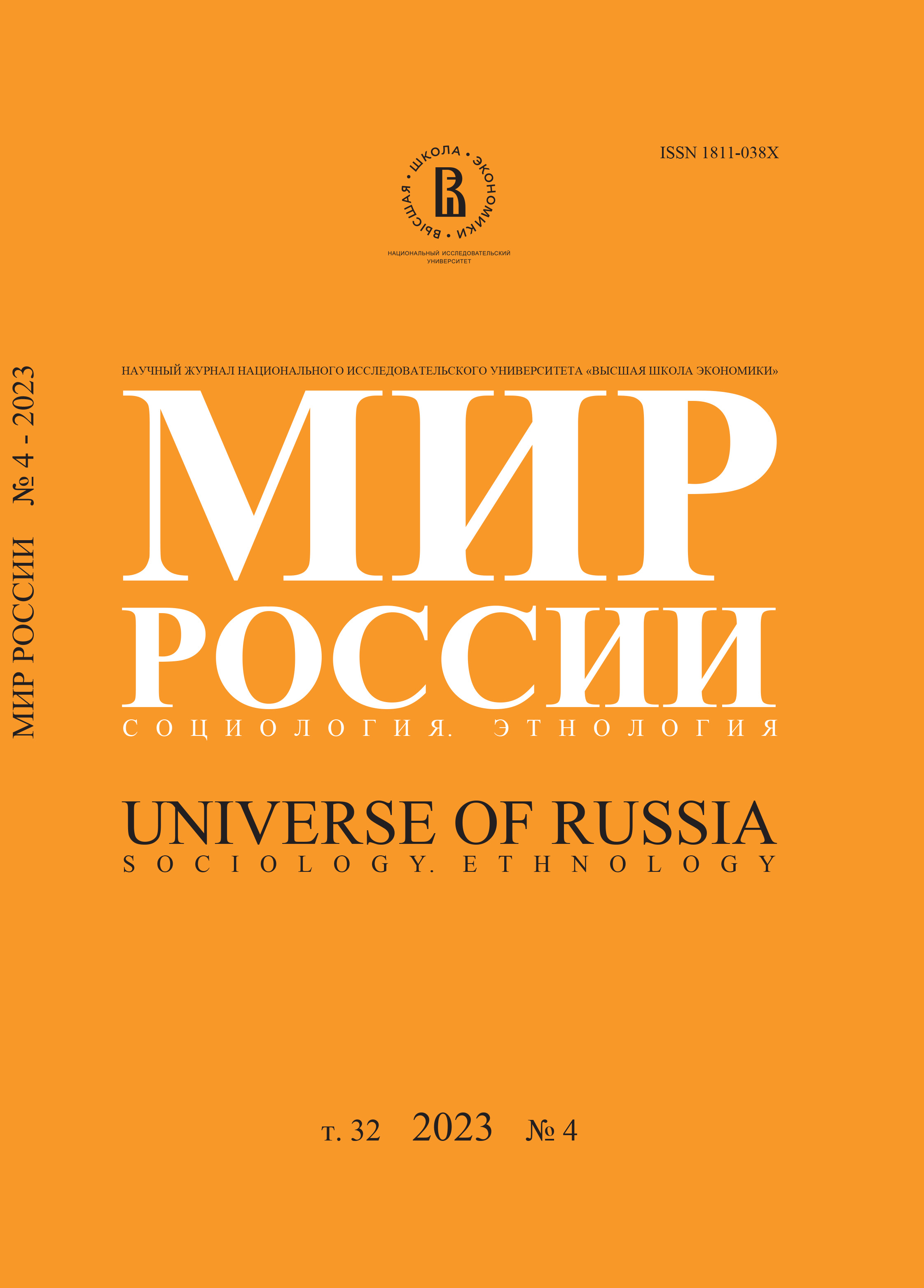“Freelancer” Is a Sweet Word
Book review: Strebkov D.O., Shevchuk A.V. (2022) What Do We Know about Freelancers? Sociology of Free Employment, HSE University (in Russian)
Abstract
The book by Strebkov and Shevchuk, published in 2022, “What do we know about freelancers? The Sociology of Free Employment” is devoted to the increasingly popular form of non-standard employment of independent professionals. The authors exclude representatives of physical labor, limiting freelancers to those whose activities are limited to the processing and creative use of information. The book is written mainly on the basis of surveys conducted in 2009, 2011, 2014, and 2019 on a remote employment platform, where customers and providers find each other. The book is the most complete empirical description of the activities of freelancers. The authorities have successfully fought against informal employment at large enterprises and even taxable self-employment has turned from isolated cases into a mass phenomenon. How are things with the legalization of freelancers?
In order to assess the scale of informality of freelancers, the questionnaire included a question about how transactions between the customer and the contractor are executed. It turned out that no more than 15% of freelancers use written contracts. Another form of formalization of relations is the so-called “risk-free transaction”. A “secure transaction” is an option on the platform, which consists of depositing the service fee in a special account. In this case, the customer cannot “drop” the freelancer since the full cost of the work is held in escrow. In this case, a standard contract is signed, and the amount of tax is calculated. 15–18 % of freelancers work according to this scheme, depending on the year of the survey, in total they make up a third of freelancers. The rest practice informal relations with the customer: some are insured by correspondence, fixing the basic requirements and criteria for evaluating the work, and some rely on verbal agreements. The very possibility of concluding an official contract is considered by freelancers to be the least significant criterion for choosing a customer. That is, this is the last thing that determines the willingness of the contractor to accept the order. An attempt to impose secure transactions led to an outflow of freelancers from the platform and freelancers boycotted an attempt to legalize them by the remote work exchange.
The exchange retreated, leaving this format as a voluntary option. And although the demand for “secure transactions” is growing, this is happening extremely slowly. It is not trivial to conclude that two forms of legalized relationships—official contracts and secure transactions on the platform—are practiced by freelancers who represent two groups in a variety of descriptive characteristics. Formal contracts are practiced by “elite” freelancers, with high self-esteem, with larger orders from medium and large businesses, and with relatively high incomes. The services of the platform for concluding a deal are used by “beginner” freelancers who perform a lot of small and relatively simple orders, have low incomes, and a modest self-assessment of their professionalism. Between these groups stretches the bulk of freelancers who negotiate with customers verbally or by correspondence. Formalization
is in demand by the “elite” and the “beginners”, the rest do without it. As expected, and this was confirmed by the survey, the probability of concluding a contract increases when working with large clients. But large customers are rare and freelancers serve mainly individuals and micro-businesses.
Neither the state nor the platforms are currently pushing freelancers to come out of the shadows. The fiscal benefit is doubtful, and there is a lot of hassle. The small scale of freelancers’ activities, the turbulence of this layer, as well as the inapplicability of some legal requirements to Internet employment, which also exists over national borders, play against market regulators. It is safe to say that the state does not have such a fine sieve to pull freelancers into
the light. One can only hope for their voluntary outcome. While freelancers suffer from informality (difficulties with obtaining visas or taking out bank loans), they keep in the shadows. The balance of costs and benefits from legalization, in their opinion, is in favor of informality. The state can shift this balance, but it has many other problems. It can be assumed that Internet employment will remain mostly informal in the coming years.






